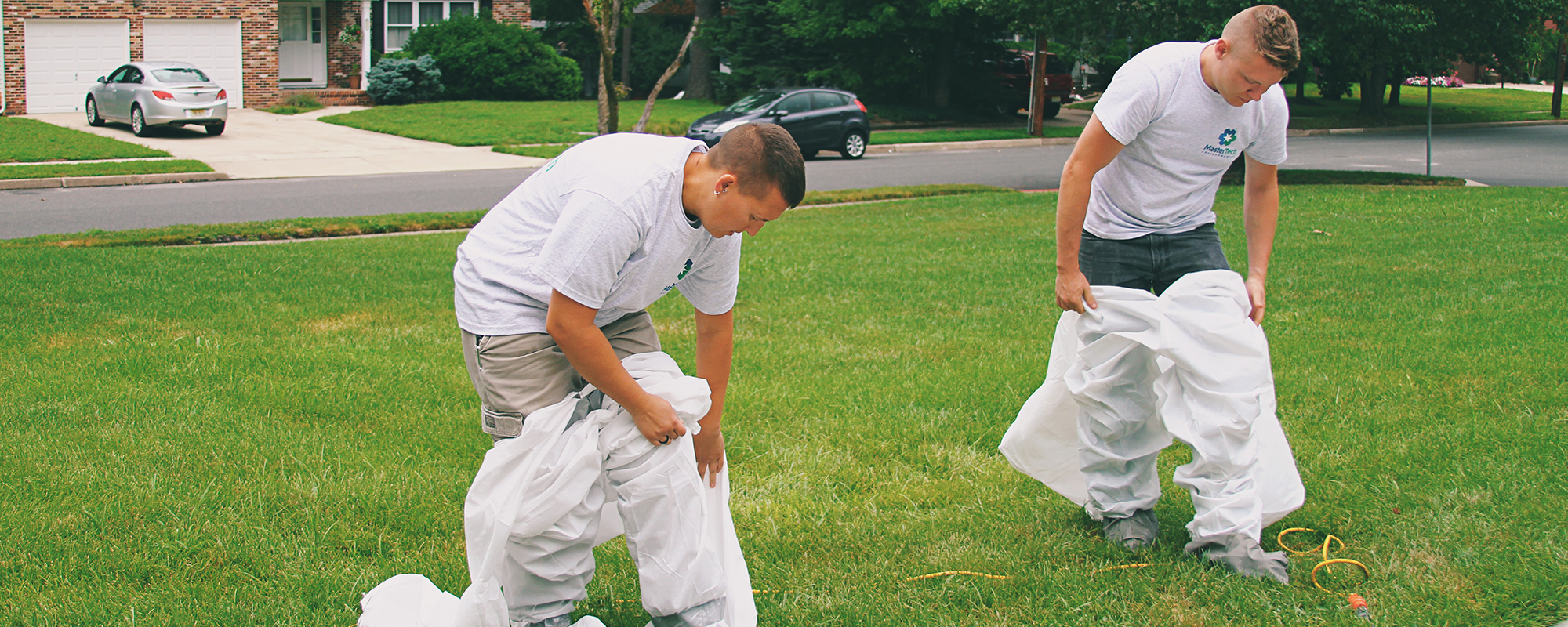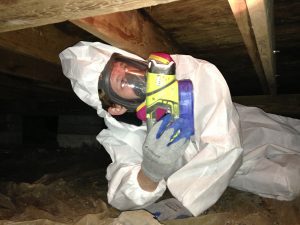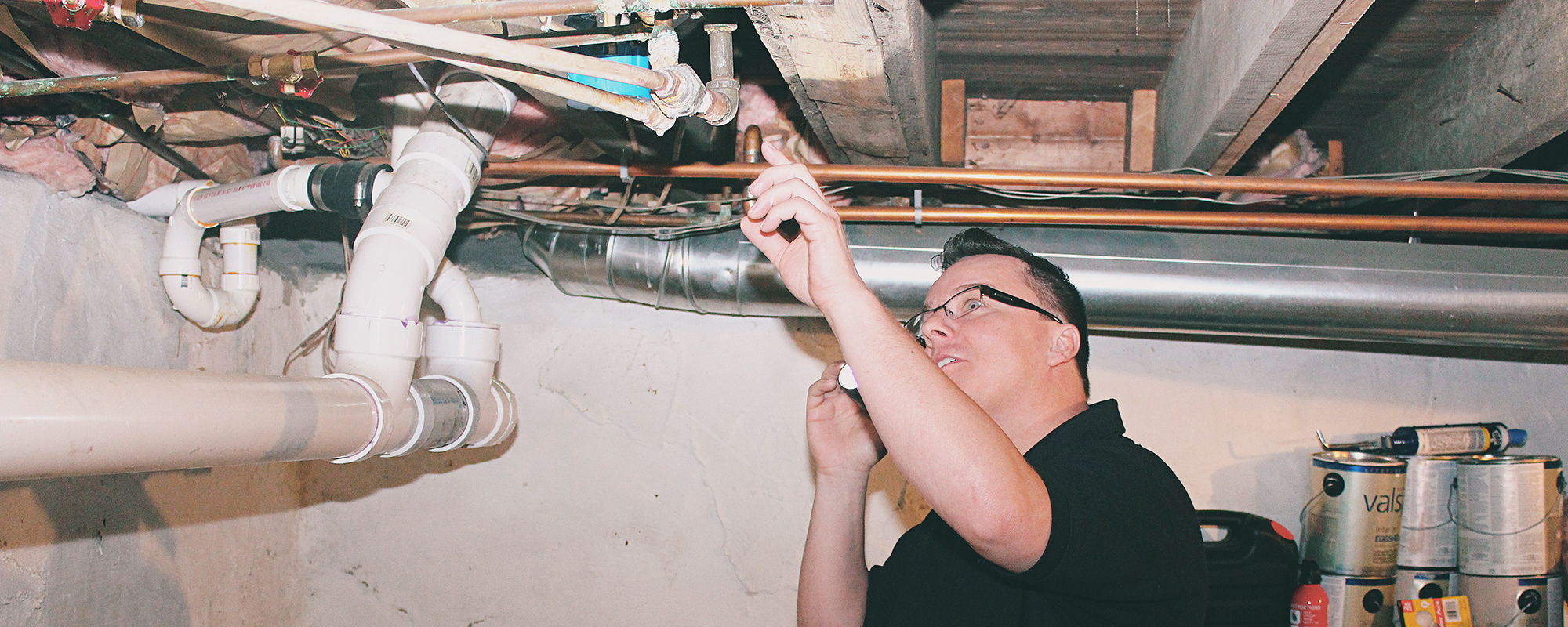 Is There A “Mold Season?”
Is There A “Mold Season?”
One question we get a lot here at Mastertech is if there is a specific “mold season.” This is a rather common question among clients who are trying to prevent mold in general. It is a valid question, and it is great that people are trying to be more aware of when and how to avoid mold. However, the answer is not as easy as a simple yes or no. As mentioned many times in the past, mold is an opportunistic organism. It will grow whenever and wherever it possibly can. This means that, while there are certain conditions that are conducive to mold growth, there is no specific season.
While there is no specific mold season so to speak, some weather conditions promote mold growth more than others. Mold generally doesn’t thrive during cold, dry seasons like winter but that doesn’t mean that it won’t occur all together. On the opposite end of things, mold thrives more during warmer conditions that experience more humidity. It is all about context when it comes to avoiding mold throughout the year.
Conditions That Mold Can Thrive In
No matter what the time of year, there is a potential for mold growth if the conditions are right. Even though there is no mold season, you should be aware of conditions that promote mold growth year round. As previously mentioned, mold prefers warm, moist conditions. This means that areas of the home that experience more heat and humidity are more prone to mold growth. Areas such as kitchens, bathrooms and laundry rooms can be vulnerable to mold if proper prevention measures are not taken.
While mold does prefer warm, humid conditions, it will still settle for less. Areas that are cold and damp with poor ventilation can also be vulnerable. This means the musty areas of your home like attics, basements and crawl spaces. These areas need a little extra love when it comes to preventing mold. Even though it is usually not warm in these spaces, the poor ventilation makes it easy for mold spores to settle onto building materials. Likewise, the moisture levels in these areas are the perfect source for mold to continue growing.
Preventing Mold Year Round
Preventing mold is a year round maintenance routine. As previously mentioned, even though there is no specific mold season, there are conditions that are more conducive to mold growth. This does not mean that other conditions and times of year should be overlooked. Time and time again we want to emphasize that mold is opportunistic, and it will grow whenever and wherever possible.
 Areas like your kitchen, bathrooms and laundry rooms tend to be more warm and moist than other areas of the home. This is because of the moisture content given off by cooking, doing dishes, showering, or other activities that can give off steam. In these spaces, it is imperative that you are allowing this moisture a way out. Proper ventilation is key to preventing this moisture from becoming stagnant within the area, potentially promoting mold growth. If possible, you should have some sort of fan running while performing these activities. Having a window open or a vent that leads to the outside can also help prevent moisture from getting trapped.
Areas like your kitchen, bathrooms and laundry rooms tend to be more warm and moist than other areas of the home. This is because of the moisture content given off by cooking, doing dishes, showering, or other activities that can give off steam. In these spaces, it is imperative that you are allowing this moisture a way out. Proper ventilation is key to preventing this moisture from becoming stagnant within the area, potentially promoting mold growth. If possible, you should have some sort of fan running while performing these activities. Having a window open or a vent that leads to the outside can also help prevent moisture from getting trapped.
Attics, basements and crawl spaces can be a bit more finicky. These are areas that commonly experience poor ventilation. Similarly to what was just mentioned, implementing methods of ventilation in these areas can make a huge difference. However, this may not be enough. The nature of these spaces tends to be more moist and stuffy than other areas of the home. These areas may require the employment of a dehumidifier to minimize the amount of moisture throughout the space.
 Dealing With Mold In Your Home
Dealing With Mold In Your Home
Sometimes accidents happen beyond our control. You may have taken every measure to prevent mold in your home, yet it still found its way in. Maybe your home has experienced some sort of flood or leak that you couldn’t have predicted, and mold developed after that. No matter what the circumstance, you shouldn’t hesitate. Mold remediation jobs can be time sensitive, meaning that the longer you wait, the worse it can get. Contact a mold inspector from a professional mold remediation company in your area to assess the damage. The inspector will not only be able to identify the source of the mold, they will also give you an idea of what remediation is going to look like. While there may not be a mold season, it is always a good idea to be aware of mold in your home.


